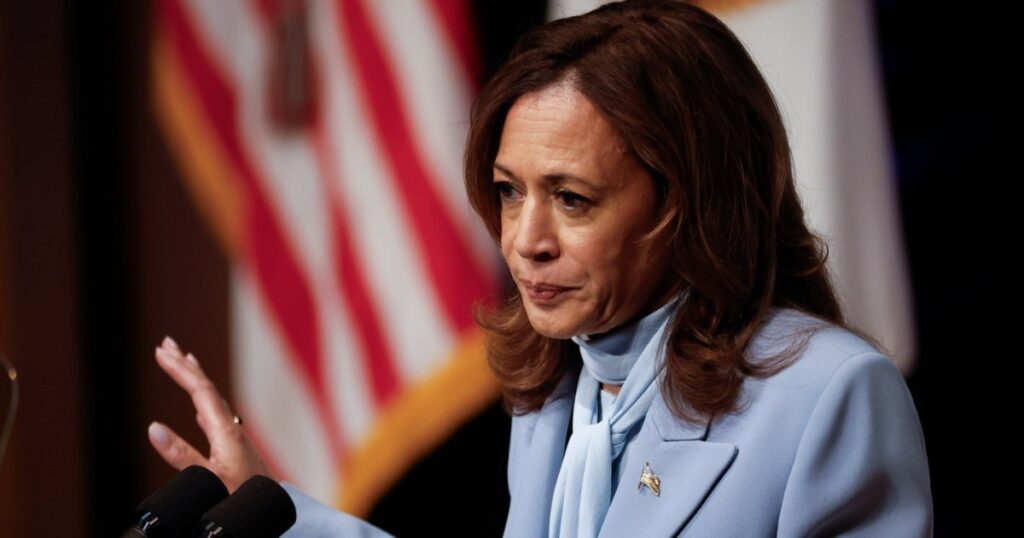The recent “White Dudes for Harris” ad campaign has sparked curiosity and discussion, targeting a unique demographic in key swing states. Focused on white male voters, it positions Vice President Kamala Harris as a fresh alternative in the 2024 presidential race. With the first ad already generating buzz, political analysts are considering its potential impact.
Here’s an in-depth look at the group’s strategy and how the ad may influence both the Trump and Harris campaigns.
New ad campaign by ‘White Dudes for Harris’ explained
The group “White Dudes for Harris” kicked off a substantial $10 million ad campaign on Thursday, focusing on white men in key swing states such as Michigan, Pennsylvania, and Wisconsin.
The campaign’s first ad aims to sway disillusioned Trump voters. It presents Vice President Kamala Harris and Minnesota Governor Tim Walz as candidates offering practical solutions for working-class men.
The ad frames Harris and Walz as a genuine alternative, moving beyond traditional political divides. This group, which was founded in July after Harris replaced President Biden at the top of the Democratic ticket, has raised over $4 million through grassroots organizing, signaling strong initial support.
The campaign positions Kamala Harris as someone engaging with the concerns of white male voters, traditionally a difficult demographic for Democrats. Ross Morales Rocketto, the group’s founder, highlighted that many white men are seeking alternatives to Trump’s rhetoric, and their campaign aims to fill that void.
The ad is part of a broader strategy to combat Trump’s dominance among white male voters. Although Trump still leads with this group, polls indicate Harris is making inroads, particularly among white, college-educated men.
The NPR/PBS News/Marist poll shows Harris trailing Trump 63% to 35% among non-college-educated white men. However, she leads 55% to 45% among college-educated counterparts. This suggests the campaign could shift the electorate. (via The Hill)
The ad takes a candid tone, appealing directly to white men frustrated by online discourse and the political climate, urging them to make independent decisions at the ballot box. The ad concludes by affirming that the decision of whom to support should remain personal and free from external pressures.

